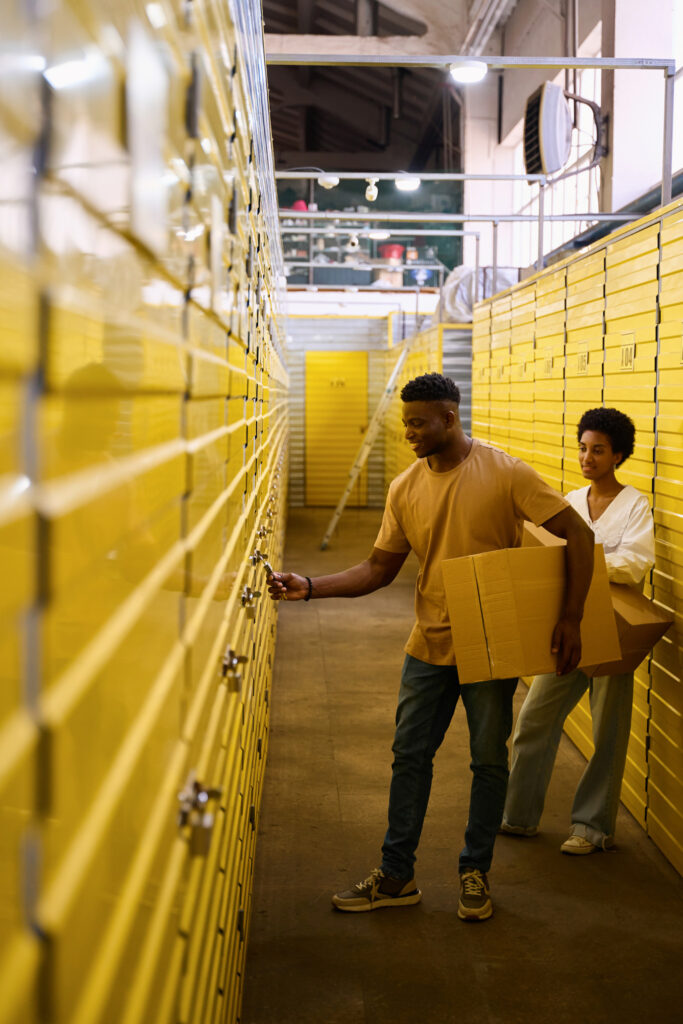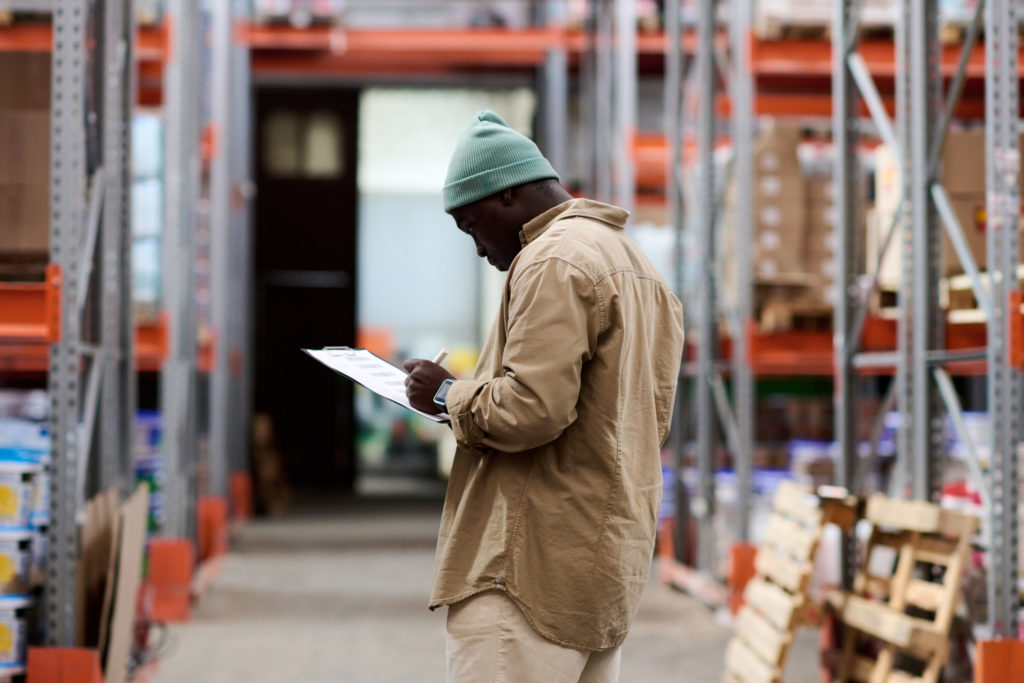You may consider renting a storage unit for various reasons, like moving house, clearing away seasonal items, or keeping business inventory. When renting a storage space, you’ll need to consider storage unit security alongside other considerations like convenience and fees.
Learn what self-storage means and how to choose secure storage units for personal items or merchandise.
Who Needs Self-Storage?
Self-storage is a setup in which you rent space to hold any type of items or belongings. The storage place provides a secure, lockable unit that protects your items and allows you to access your possessions as needed.
You may look into self-storage options if you:
- Put your home on the market and need to get it ready for viewing
- Are downsizing to a smaller home or preparing for renovations
- Need space to store items while you’re deployed or travelling abroad
- Collect bulky items, like vehicles or large art pieces, for which you don’t have enough space in your home
- Need to store small-scale business inventory
Storage facilities accept various items, like clothing, household goods, furniture, tools, and more. Restrictions commonly include flammable or hazardous substances, perishables, and irreplaceable items with extremely high value.
Warehouse vs. Self-Storage Service
If you’re running a business, you may wonder whether you should rent a storage unit or warehouse space. As a rule, storage facilities are more suitable for private needs, while warehousing services like those of Encore Home Deliveries are a much better fit for businesses. Professional warehousing rentals often include other services, like quality control, cataloguing, inventory management, and delivery.
If you’re just taking your first steps in business with a small supply of items for sale, a storage unit may suffice as an in-between solution. But upgrading to flexible, scalable warehousing will provide a better solution for your company’s needs as you grow.
What Makes a Secure Storage Facility
What elements should you look into if you prioritize storage unit security? Consider the following checklist when shopping around for secure and reputable storage services.
Surveillance Cameras
While many storage facilities boast surveillance cameras, a camera doesn’t automatically mean watertight security. Choose a facility with 360-degree views and motion-activated cameras throughout the premises if possible. Cameras should cover all storage facility areas and send the recording to an off-site location.
Check the presence of cameras and how often the storage facility monitors its security footage to spot problems in real time.
Self-Storage Access Control
A secure storage facility must have automated gate access control. When renting storage space, you should receive your private entry code to access the premises.
Share this code only when necessary and with a limited number of trusted people. This way, the facility management can track anyone who enters the premises. Gated facilities may also require a second access code to enter specific storage buildings.
Storage Unit Locks
In addition to all-facility security measures, a safe storage service will have an alarm system for individual units. Every storage unit must have a secure, sturdy cylinder or disc lock.
On-Site Staff
Look for a storage facility with on-site staff, starting with the resident manager who lives on the premises. Keep in mind that a single person at the front desk doesn’t add much to security. A storage facility that prioritizes security will have personnel walking around the site, looking for signs of any suspicious activity and checking locks and gates.
Lighting and Upkeep
Adequate lighting is a basic but crucial part of storage unit security. A safe and secure storage facility will be well lit outdoors and inside the storage areas. Good lighting is especially important if the service offers 24/7 storage access.
Pro tip: Visit the storage facility after dark to assess its lighting and see whether you’d feel safe visiting the premises at night. Don’t just trust the pictures or descriptions on their website.
Questions To Ask When Looking Into Storage Services
When checking out storage facilities in person or online, ask the following:
- Do all your security cameras work?
- How do you control gated access?
- Do clients get access codes or cards?
- Who else has access to these codes or cards?
- Do you have personnel present on site at all hours?
Choosing and Renting a Self-Storage Service
Once you decide you need a storage service, it’s time to choose the storage place that meets your needs.
1. Consider Your Items
The size, amount, and nature of your items are prime considerations when renting storage space. Calculate the space your items would take to decide on the size of your storage unit. You’ll need a climate-control unit if you’re planning to store items that are sensitive to temperature and humidity, like electronics, furniture, textiles, or artwork.
2. Decide Whether You Need Full-Service Storage
With conventional self-storage units, you’re responsible for dropping off or picking up your items and managing your unit. However, if you have mobility issues or are short on time, you can choose a facility with full-service storage.
Full-service storage usually includes a crew that comes to transport your belongings and arrange them in the storage unit. You’ll get an inventory that allows you to track your items or request to move them as necessary.
3. Shop Around
Look into different storage facilities in your area to see which offers the best level of service and highest storage unit security within your budget. Although climate control or additional security often come with a premium, paying extra is often a smart decision. A cheap facility may not give you the peace of mind and guarantees you need when storing valuable items.
4. Reserve Your Unit
Most facilities allow you to reserve a storage unit in person or online. You’ll typically need to provide some form of ID and sign a rental agreement.Storage unit security is a prime consideration when choosing a home for your items, especially an inventory you plan to use for business needs. Follow Encore Home Deliveries for more news on supply chain logistics, warehousing, and innovations in the shipping process.



 Who We Are
Who We Are
 Our Advantages
Our Advantages
 Case Study
Case Study





